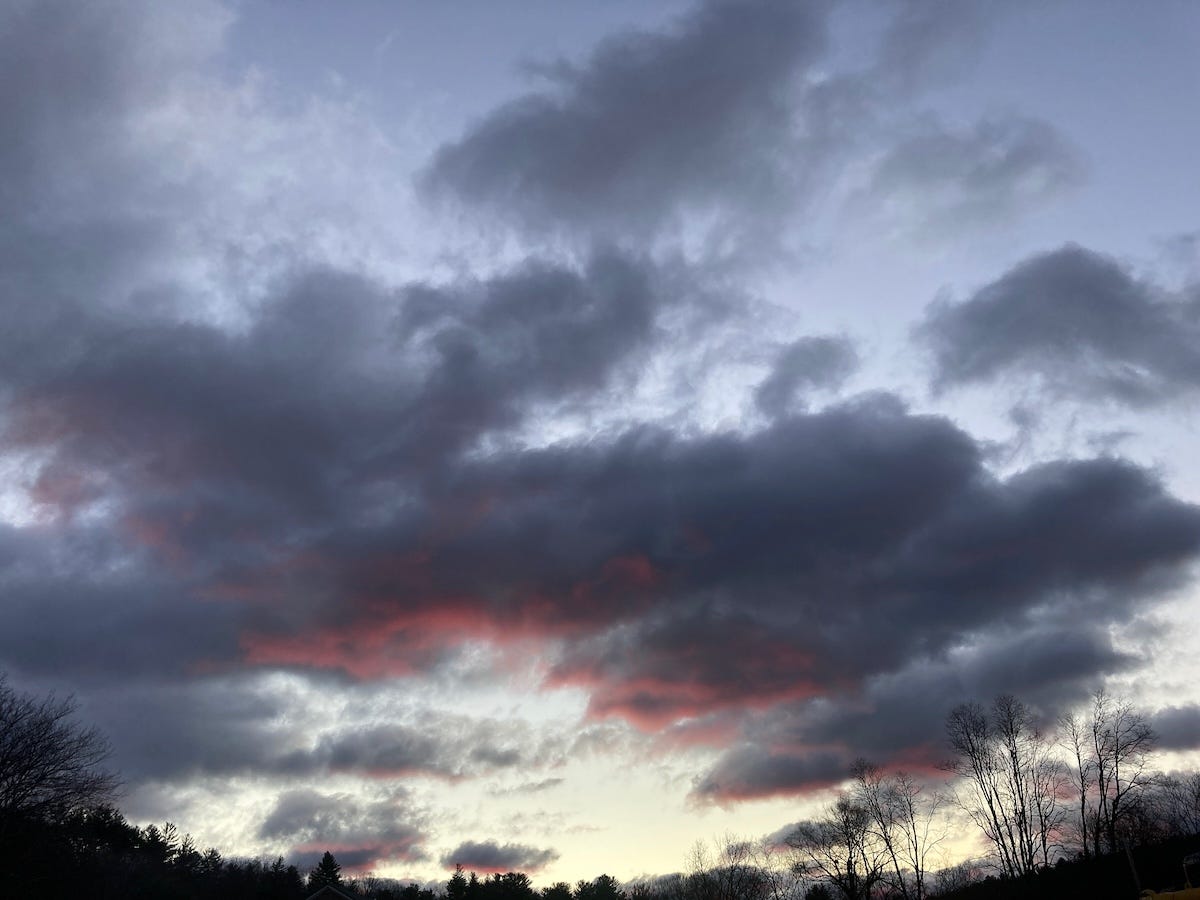d.i.y. safety net for dire times: start here
do you feel ready for what's coming? i sure as hell don't! let's put our wringing hands to work. this curated resource hub can help us get started.

i recently put out a call to crowdsource a disaster plan.
maybe you think that sounds alarmist. and maybe you’re right!
genuine question, though: is it “alarmist” to freak the fuck out when there are actual reasons to be alarmed? the news keeps right on giving, ya know?
in any case, as i said earlier:
given how climate change is already going, having a community resilience plan is just common sense. if you didn’t take it seriously before, consider this your chance.
introducing … the d.i.y. safety net!
face it: our communities are not particularly self sufficient. we don’t grow or cook our own food. we buy fuel and electricity from faceless corporations so we can stay warm and get work. we barely even know our neighbors.
very little of that is our fault. but knowing it’s not our fault doesn’t feed us. it doesn’t clean our water. it doesn’t give us cpr. and—stop me if you’ve heard this one before—we need to eat food, drink water, and breathe. otherwise, we die.

in case you are (understandably) hiding under a rock and/or didn’t follow the news link above, the current u.s. administration just paused all federal grants to … everything.
funding for many basic services comes from federal grants. these grants provide food, education, shelter, infrastructure … a zillion things! they go to state and local governments, school districts, nonprofits, NGOs, colleges, churches—even banks, ffs.
so. this is as good a time as any to start weaving our own local safety nets—from scratch, if necessary.
i’ve been struggling with presenting all the info in a way that’s comprehensive but easy to navigate. if you have ideas about that, please share!
today’s theme is “if you’re clueless, start here.” coming soon:
how to stay grounded, engaged, and inspired
what to do if you have more money than time
what to do if you have more time than money
digital resources: if you’re concerned but clueless
this is the place to start if you’re completely clueless about a topic. i’ll be updating it as i get new suggestions and find the time.
relying on the internet 24-7-365 isn’t particularly resilient, though, is it? so i’ll also be adding a book list below.
why prepare for the worst?
climate version: How Will Climate Change Affect You? Impacts Map, via outrider
geopolitical version: Curated Weekday Guide to Major News and Developments, via Just Security
community resilience & mutual aid
Fundamentals of Resilient Design, by Alex Wilson
Resilience Hubs, via urban sustainability directors network
How to Create a Mutual Aid Network, by Mary Zerkel
Mutual Aid: Building Solidarity During This Crisis (and the Next), by Dean Spade
immigration raids
for people at risk: Emergency Preparedness for People at Risk of Deportation, via Immigrant Defense Project
for advocates and people at risk: How to Prepare Yourself for an Immigration Raid, via Informed Immigrant
for advocates: How to Support Immigrant Communities During ICE Raids, by Xiomara Corpeño
health & safety
first aid: Get Trained. Act with Confidence. via American Red Cross
water filtration and purification: How to Maintain a Safe Water Supply, by Patrick Keith
warmth: How to Build Your Campfire, via smokeybear.com
off-grid communication: Off Grid Communication: 5 Realistic Options, by Patrick Keith
d.i.y. contraception1: Fertility Awareness, via Planned Parenthood
feeding ourselves
cooking from scratch: If You Literally Never Cook, Start Here, by Meghan McCarron
starting a community garden: 7 Effective Steps to Start a Community Garden, via University of Minnesota
growing staples: Best Crops For A Self-Sufficient Garden Plan, by Cindy Conner
cooking with fire: The Art of Cooking Over Fire: Easy Outdoor Cooking Techniques, by Scott Ryan
getting around
i have not found any good resources for starting up a home-grown microtransit network. the best advice for free and cheap transit options i can find is from aarp, and it only applies to older adults. also, several of the programs it mentions are federally funded—and even those that are not are probably relying on federal grants somewhere upstream. suggestions welcome.
most fertility awareness resources online muddle a whole bunch of methods, and they don’t actually explain how to use the symptothermal method, which is daily temperature + checking cervical fluid. fertility awareness does not require an expensive class, a sketchy app that tracks your fertility data, a blessing from a priest, or any tools at all except a basal body thermometer, a chart, and a pencil. if you might be fertile, enjoy some heavy petting rather than having sex that might make you pregnant. if you use this method religiously (haha, see what i did there?), it is 99% effective, and you can also use this method to get pregnant if you actually want to. not that anyone i know is super excited to have kids right now.



